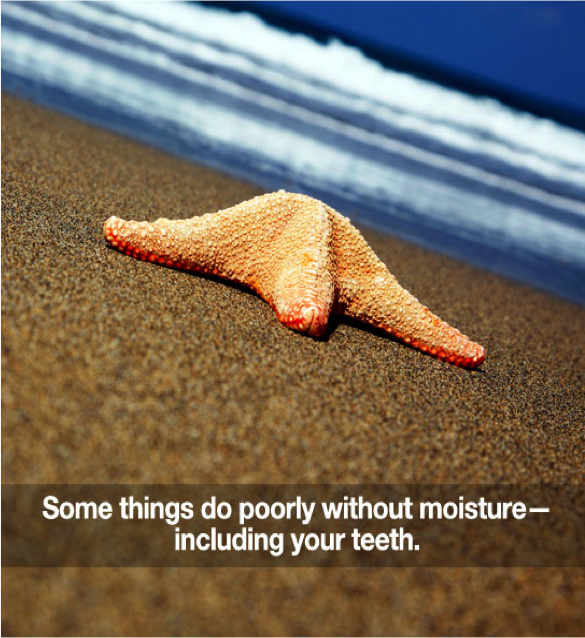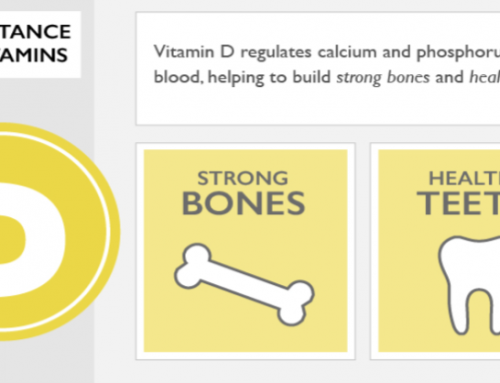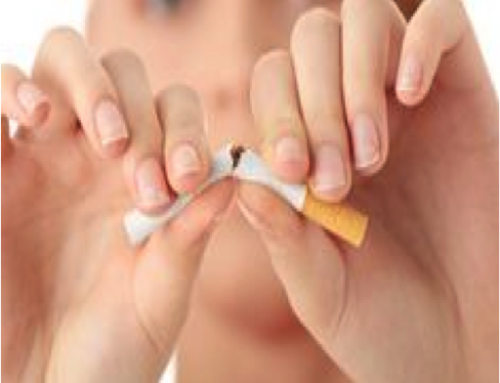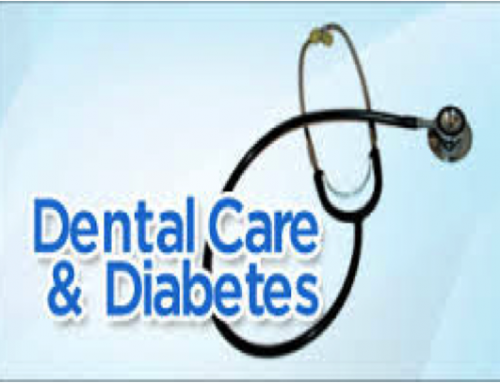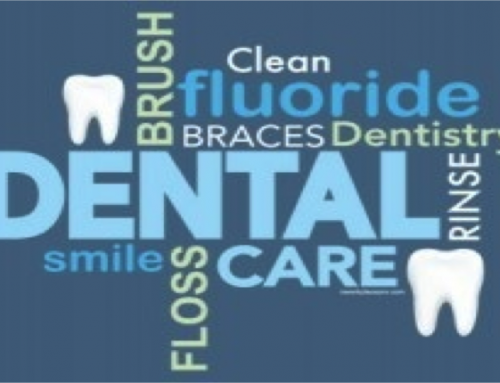Dry Mouth Syndrome: Affects it Can Have on Your Oral Health
Saliva Helps Keep Your Mouth Healthy
Our salivary glands are extremely important because they produce the saliva that helps keep our mouth comfortable and healthy. Over 10% of us suffer from dry mouth. It often affects the elderly and tends to occur more often in women than men. Saliva helps keep our mouth moist and starts the process of breaking down the food we eat. Saliva neutralizes acids in our mouth and works to re-mineralize our teeth in an attempt to prevent decay. It helps keep the bacteria in our mouths under control and provides anti-bodies against the threat of infection. Lubricating properties of saliva can provide comfort and help protect our oral tissues against ulcers and sores. A lesser known fact is that saliva helps contributor to one’s ability to taste. Our salvia is an essential part of a healthy mouth!
Most commonly occurs as a side effect to medications
There are over 400 medications that can affect your salivary glands. These medications include those used to treat high or low blood pressure, depression, anxiety, bipolar, pain, allergies, diarrhea, urinary incontinence, Parkinson’s disease, and many other conditions.
Other causes for dry mouth include:
Aging, diabetes, mouth breathing, sleep apnea, eating disorders, salivary gland disease, saliva duct blockage, hormonal imbalance, pregnancy, breastfeeding, dehydration, radiation therapy of head/neck, and auto-immune disorders such as sjogren’s syndrome, lupus, and rheumatoid arthritis.
Without an active saliva production dry mouth may result in:
• A higher risk of gum disease
• An increase in cavities
• Discomfort and difficulty eating, swallowing and talking
• Bad Breath
Simple Solutions That Can Help Fight Against Dry Mouth
If you or someone you know is suffering from dry mouth, there are plenty of things you can do to help keep your mouth moist and healthy.
1. Drink more water! Sip on it throughout the day. Other sugarless drinks work too or you can suck on ice chips. Becoming dehydrated from lack of fluids can also cause and irritate existing dry mouth.
2. Chewing sugar-free gum helps keep your mouth moist and encourages salivary glands to stay active. Sucking on Sugarless Mints and candies is also very effective.
3. Consider limiting or avoiding irritants, such as your caffeine, tobacco, and alcohol intake. It’s easier for your body to become dehydrated when consuming alcohol or caffeine. Spicy and salty foods also add to the irritation of dry mouth and can decrease saliva production.
4. Possibly use a humidifier while sleeping. This can help keep your skin and mouth hydrated.
5. Keep up with your daily oral care habits. Brushing and flossing help save your teeth from decay and other damaging problems caused by dry mouth.
6. Keep your regularly scheduled appointments. We’ll help you prevent serious problems that can result from dry mouth.
7. Use Saliva replacement products, over the counter products such as the Biotene, xylimelts, oasis group of products, are also effective
8. Avoid commercial mouth rinses or mouth washes that contain alcohol and peroxides, these products produce and further dry out the mouth.


